Recreation Access Policy
W. M. Beaty & Associates' forestlands are usually open for recreational activities like hiking, fishing, hunting, and more, with proper licensing where needed. Learn more about our recreation access policy.
Our Recreation Access Policy
Unless otherwise posted forestland managed by W. M. Beaty & Associates, Inc. (WBA) are generally open to recreational use such as hiking, bicycling, fishing, hunting, cross-country skiing, sight-seeing, and photography as long as individuals are properly licensed by the State where necessary. We do not allow camping, campfires, or illegal hunting on our managed lands. In addition, we do not allow the taking of forest products, wildflowers, mushrooms, or other vegetative matter, non-game species or water or soil or rock samples except by express written permission from WBA.
Many of the roads on forestland managed by WBA also provide access to federal lands. Roads shared with federal landowners that are designated for public use are open for recreational purposes, but federal road policies may also preclude access to protect forest resources in specific areas.
In some instances, WBA installs gates to limit access where our clients have the sole ownership of the road or operate under cooperative agreements with State and Federal agencies. Access behind locked gates is limited to non-motorized methods such as walking, bicycling, cross-country skiing, or horseback. In all areas, in an effort to protect meadows and sensitive plants and reduce erosion, vehicular use (including mountain bikes) is limited to existing roads, and no access is permitted near active logging operations.
Please do not block gates which may be needed for emergency vehicle access for fire and medical reasons. Make sure you obey posted signs!
Forestland managed by W. M. Beaty & Associates is private property
Recreational use is available, provided the property is treated with respect. We reserve the right to refuse access to anyone. Access is subject to California Penal Code Section 602 and California Civil Code Sections 846, 1008, and 1009. Please be advised that if you enter WBA managed forestland you do so at your own risk, and WBA and the forestland owners shall not be liable to you for any injury to person or property, in accordance with California Civil Code Section 846.
Why we limit access:
To protect public safety, especially in active harvest areas.
To help prevent erosion of roads.
As a fire prevention measure.
To deter illegal woodcutting.
To prevent damage to young regenerated forest stands.
To deter illegal garbage dumping.
To prevent Christmas tree theft.
To protect sensitive research project areas and equipment. Monitoring equipment has been placed in areas where research is under way. Please do not disturb it.
Positive results achieved from limiting vehicle access include:
Less erosion. Our clients are required by law to maintain roads and protect watersheds and fisheries from erosion.
Less commercial timber loss, allowing us to help meet the demand for wood products.
Fewer fires caused by humans. During most years, California is very prone to wildfires. People start more than half of all wildland fires.
Better hunting possibilities. We often hear thanks and praise from most hunters who are pleased at how limited vehicle access has improved the hunting.
California Civil Code § 846. Permission to Enter for Recreational Purposes
An owner of any estate or any other interest in real property, whether possessory or non-possessory, owes no duty of care to keep the premises safe for entry or use by others for any recreational purpose or to give any warning of hazardous conditions, uses of, structures, or activities on such premises to persons entering for such purpose, except as provided in this section.
A "recreational purpose," as used in this section, includes such activities as fishing, hunting, camping, water sports, hiking, spelunking, sport parachuting, riding, including animal riding, snowmobiling, and all other types of vehicular riding, rock collecting, sightseeing, picnicking, nature study, nature contacting, recreational gardening, gleaning, hang gliding, winter sports, and viewing or enjoying historical, archaeological, scenic, natural, or scientific sites.
An owner of any estate or any other interest in real property, whether possessory or non-possessory, who gives permission to another for entry or use for the above purpose upon the premises does not thereby (a) extend any assurance that the premises are safe for such purpose, or (b) constitute the person to whom permission has been granted the legal status of an invitee or licensee to whom a duty of care is owed, or (c) assume responsibility for or incur liability for any injury to person or property caused by any act of such person to whom permission has been granted except as provided in this section…..[Exceptions omitted. Refer to the code for the full code section].
Nothing in this section creates a duty of care or ground of liability for injury to person or property.
